Bilateral meetings at C. Europe summit
Leaders of the central European countries gathered for a <a href="http://www.b92.net/eng/news/politics-article.php?yyyy=2009&mm=06&dd=19&nav_id=59930" class="text-link" target= "_blank">summit in Novi Sad</a> spent the third day of the event in bilateral meetings.
Saturday, 20.06.2009.
10:55

Leaders of the central European countries gathered for a summit in Novi Sad spent the third day of the event in bilateral meetings. Serbian and Slovenian Presidents, Boris Tadic and Danilo Turk, concluded after their meeting today that "the time had come for the relations between the two countries to be elevated to a new level". Bilateral meetings at C. Europe summit It was in this context that they announced Tadic's official visit to Slovenia, a statement from Turk's office said. The press release further added that Tadic and Turk's conversation, described as "cordial", included issues such as bilateral cooperation, and that the pair "especially commended the successful development of economic ties". The field of economy would have a "pronounced" role as Tadic visits Ljubljana, it was said. The presidents also "stressed the importance of visa liberalization" for Serbia's EU integration, while the Serbia president thanked his Slovenian counterpart for the help in this respect. The statement also added that Tadic and Turk spoke about "the countries' cooperation in the field of culture, the former Yugoslavia assets, and Serbia's position regarding Kosovo". Also today, Central European leaders and their host Tadic visited the Krusedol monastery and Sremski Karlovci, the town which was the center of Serbian education, religious and political life during the period of the Habsburg Monarchy rule. During the informal part of the 16th Central Europe Summit, held in Novi Sad, presidents of the Czech Republic Vaclav Klaus, Macedonia Gjorge Ivanov, Slovakia Ivan Gasparovic, Montenegro Filip Vujanovic, Bosnia-Herzegovina Presidency Chairman Nebojsa Radmanovic, and the Serbian president, first visited Krusedol – one of the 35 Serbian Orthodox monasteries located on Mt. Fruska Gora, south of Novi Sad. Afterwards, the heads of state embarked on a one hour tour of Sremski Karlovci, where they visited the first Serbian grammar school, established in 1791. The summit participants also visited the Chapel of Peace, which was erected at the site of the signing of the Karlovac Peace Treaty between the Ottoman Empire and Austria and its allies Last evening, the presidents and heads of governments took a walk in downtown Novi Sad, in Vojvodina, northern Serbia, accompanied by Tadic, FM Vuk Jeremic and Vojvodina Executive Council President Bojan Pajtic. They included Klaus, Radmanovic and others. At one point, citizens greeted them with loud applause, reports said. Tadic yesterday already held meetings with Bulgarian, Polish, Slovenian and Austrian presidents present at the summit. Previously he met with his Ukrainian, Macedonian, Croatian and Italian counterparts. The two-day Central Europe Summit, which was dedicated to economy, energy and European integration, ended Saturday afternoon with bilateral meetings between the presidents. The host of the next Central Europe Summit will be Poland. The presidents at Krusedol (Beta) Joint efforts in crisis On Friday, Moldovan President Vladimir Voronin said, addressing participants of the Novi Sad summit, that his country is resolved as soon as possible to become a full member of the European Union (EU). The top official from Kishinev urged concrete moves to overcome the global crisis, instead of the signing of numerous documents that often remain unrealized. Polish President Lech Kaczynski pointed out that his country was affected by the general crisis less than others. In fact, Poland was faced with stagnation rather than crisis, he said, but this does not mean that it should not cooperate with other states on easing the consequences of the global crisis. Kaczynski advocated the abolishing of the so-called intellectual monopoly of developed countries in the economic policy, pointing out that final decisions on economic development are nevertheless made within the individual member-states, and not at the level of the EU. he Polish president also said that Warsaw urges a continuation of the EU enlargement, and not only to the western Balkans, but also to Ukraine, Moldova, and Georgia. Slovak President Ivan Gasparovic said he considers it of utmost importance that a new energy crisis - like the one that Europe faced last winter - should be avoided. Slovakia supports the further enlargement of the EU because the Union would in that way become even more competitive in international economic relations. Brussels should be more creative in helping those who aspire to become EU members, so that they could meet the required criteria more easily. One of these measures would also be visa liberalization for countries of the western Balkans, the Slovak president said. Slovenian President Danilo Turk also asked for the abolishing of visas for countries of the western Balkans and their speediest possible accession to the EU. The enlargement and consolidation of the EU should proceed in parallel. There is sufficient political will in the European Commission (EC), and enough concrete proposals for the admission of new members, Turk said. The best possible advantage should be taken of that positive energy in Brussels, he pointed out. The summit was also addressed by Ukrainian President Victor Yushchenko, who underscored that solidarity and joint activities could secure the surmounting of the current global financial and economic crisis. The formula for overcoming the general crisis is mutual economic support, a united energy policy, and joint efforts toward integrations with Europe. In all this, solidarity is absolutely necessary, instead of ethnic selfishness and protectionism, Yushchenko said.
Bilateral meetings at C. Europe summit
It was in this context that they announced Tadić's official visit to Slovenia, a statement from Turk's office said.The press release further added that Tadić and Turk's conversation, described as "cordial", included issues such as bilateral cooperation, and that the pair "especially commended the successful development of economic ties".
The field of economy would have a "pronounced" role as Tadić visits Ljubljana, it was said.
The presidents also "stressed the importance of visa liberalization" for Serbia's EU integration, while the Serbia president thanked his Slovenian counterpart for the help in this respect.
The statement also added that Tadić and Turk spoke about "the countries' cooperation in the field of culture, the former Yugoslavia assets, and Serbia's position regarding Kosovo".
Also today, Central European leaders and their host Tadić visited the Krušedol monastery and Sremski Karlovci, the town which was the center of Serbian education, religious and political life during the period of the Habsburg Monarchy rule.
During the informal part of the 16th Central Europe Summit, held in Novi Sad, presidents of the Czech Republic Vaclav Klaus, Macedonia Gjorge Ivanov, Slovakia Ivan Gašparovič, Montenegro Filip Vujanović, Bosnia-Herzegovina Presidency Chairman Nebojša Radmanović, and the Serbian president, first visited Krušedol – one of the 35 Serbian Orthodox monasteries located on Mt. Fruška Gora, south of Novi Sad.
Afterwards, the heads of state embarked on a one hour tour of Sremski Karlovci, where they visited the first Serbian grammar school, established in 1791.
The summit participants also visited the Chapel of Peace, which was erected at the site of the signing of the Karlovac Peace Treaty between the Ottoman Empire and Austria and its allies
Last evening, the presidents and heads of governments took a walk in downtown Novi Sad, in Vojvodina, northern Serbia, accompanied by Tadić, FM Vuk Jeremić and Vojvodina Executive Council President Bojan Pajtić.
They included Klaus, Radmanović and others. At one point, citizens greeted them with loud applause, reports said.
Tadić yesterday already held meetings with Bulgarian, Polish, Slovenian and Austrian presidents present at the summit.
Previously he met with his Ukrainian, Macedonian, Croatian and Italian counterparts.
The two-day Central Europe Summit, which was dedicated to economy, energy and European integration, ended Saturday afternoon with bilateral meetings between the presidents.
The host of the next Central Europe Summit will be Poland.
Joint efforts in crisis
On Friday, Moldovan President Vladimir Voronin said, addressing participants of the Novi Sad summit, that his country is resolved as soon as possible to become a full member of the European Union (EU).The top official from Kishinev urged concrete moves to overcome the global crisis, instead of the signing of numerous documents that often remain unrealized.
Polish President Lech Kaczynski pointed out that his country was affected by the general crisis less than others. In fact, Poland was faced with stagnation rather than crisis, he said, but this does not mean that it should not cooperate with other states on easing the consequences of the global crisis.
Kaczynski advocated the abolishing of the so-called intellectual monopoly of developed countries in the economic policy, pointing out that final decisions on economic development are nevertheless made within the individual member-states, and not at the level of the EU.
he Polish president also said that Warsaw urges a continuation of the EU enlargement, and not only to the western Balkans, but also to Ukraine, Moldova, and Georgia.
Slovak President Ivan Gašparovič said he considers it of utmost importance that a new energy crisis - like the one that Europe faced last winter - should be avoided.
Slovakia supports the further enlargement of the EU because the Union would in that way become even more competitive in international economic relations. Brussels should be more creative in helping those who aspire to become EU members, so that they could meet the required criteria more easily. One of these measures would also be visa liberalization for countries of the western Balkans, the Slovak president said.
Slovenian President Danilo Turk also asked for the abolishing of visas for countries of the western Balkans and their speediest possible accession to the EU.
The enlargement and consolidation of the EU should proceed in parallel. There is sufficient political will in the European Commission (EC), and enough concrete proposals for the admission of new members, Turk said. The best possible advantage should be taken of that positive energy in Brussels, he pointed out.
The summit was also addressed by Ukrainian President Victor Yushchenko, who underscored that solidarity and joint activities could secure the surmounting of the current global financial and economic crisis.
The formula for overcoming the general crisis is mutual economic support, a united energy policy, and joint efforts toward integrations with Europe. In all this, solidarity is absolutely necessary, instead of ethnic selfishness and protectionism, Yushchenko said.










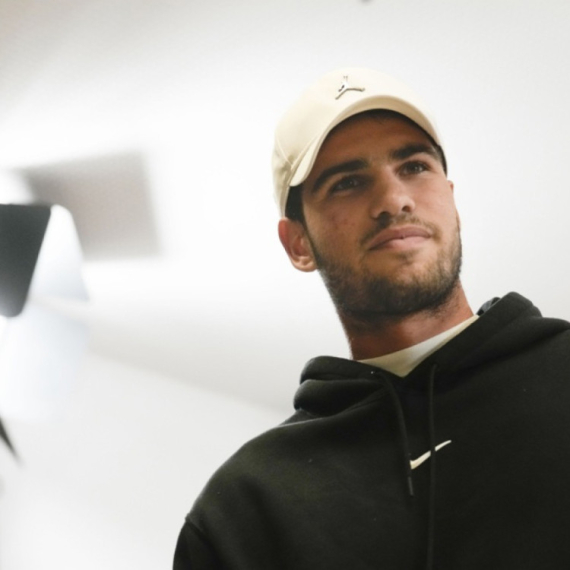
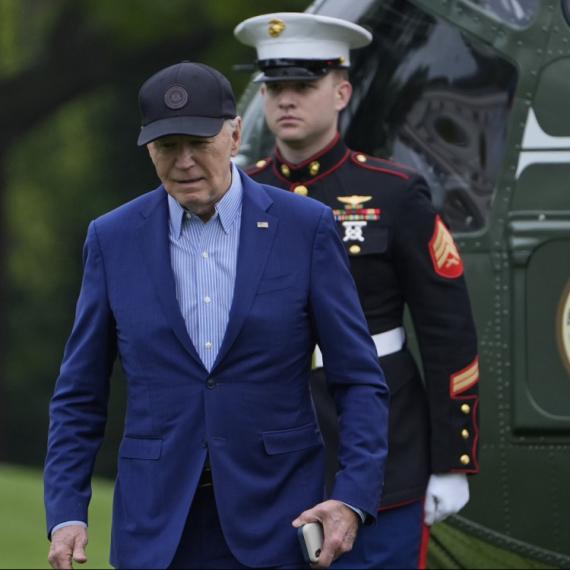
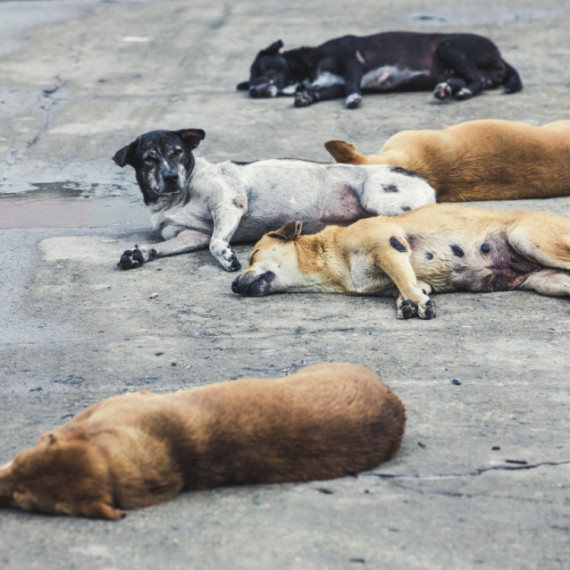
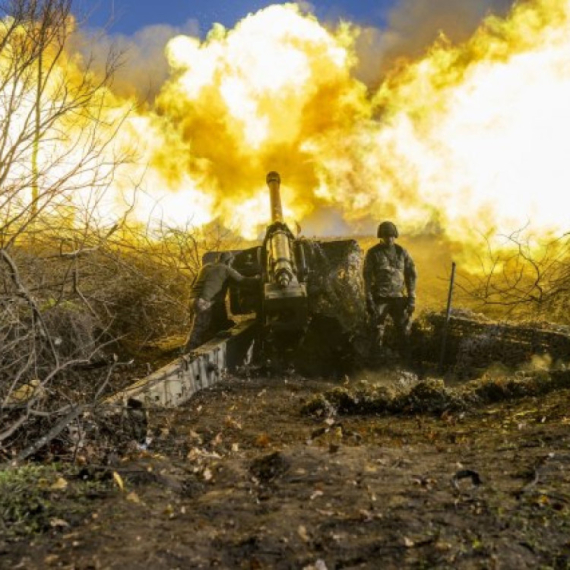

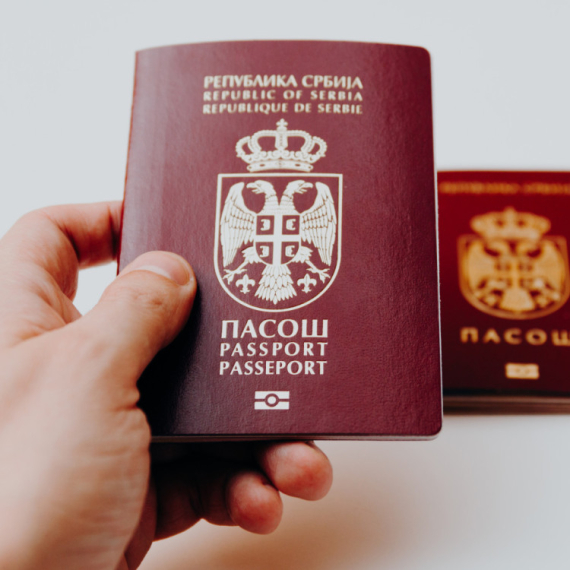
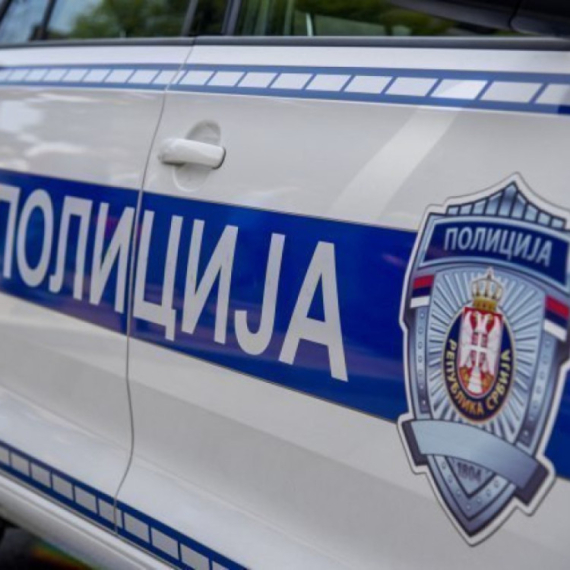
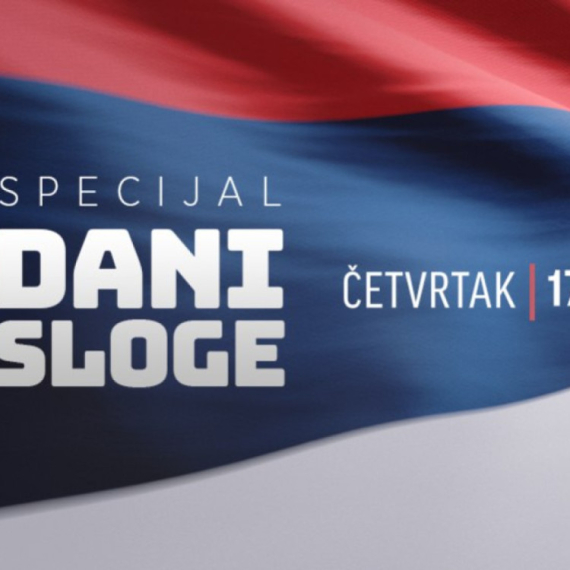
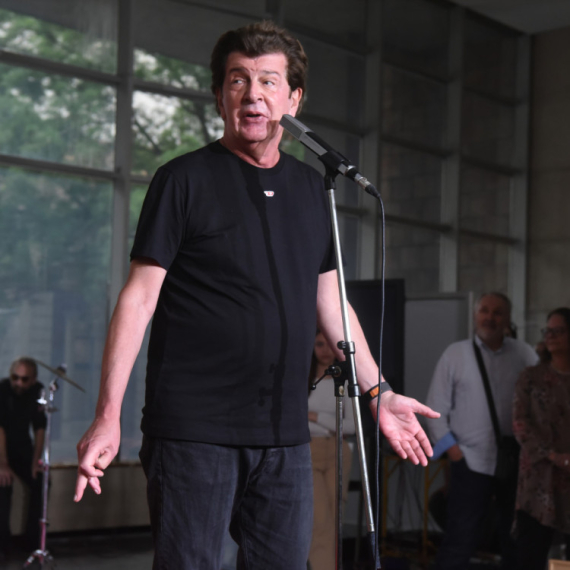


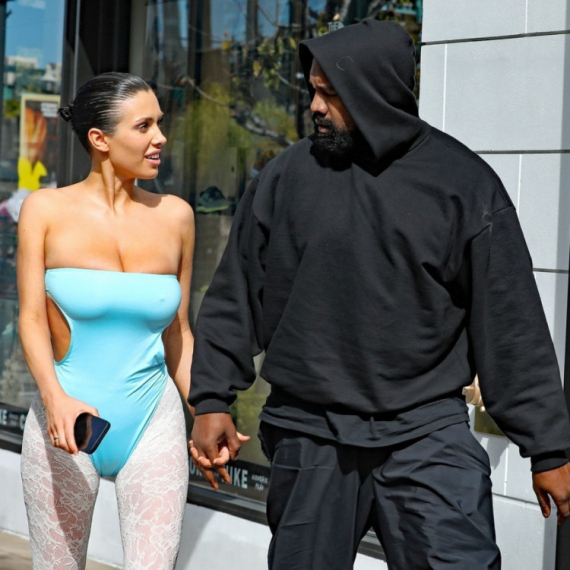
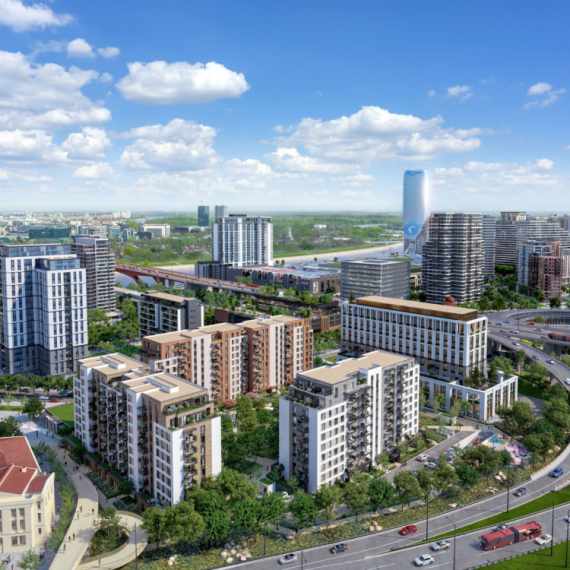
















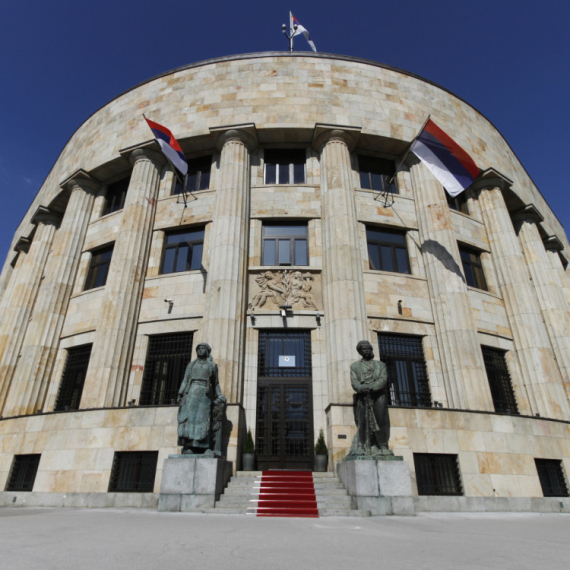

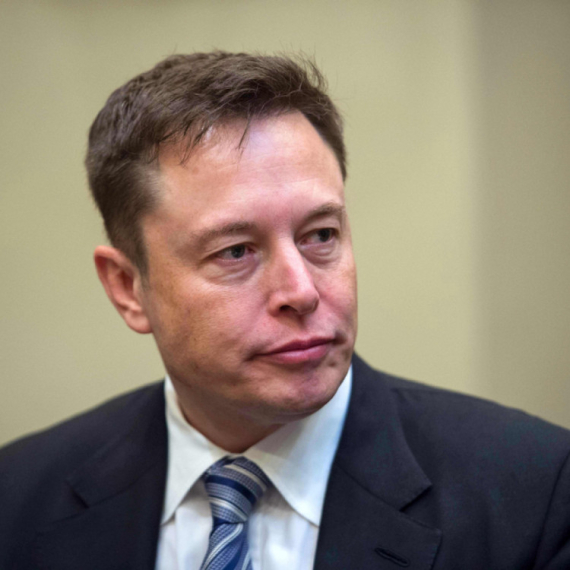


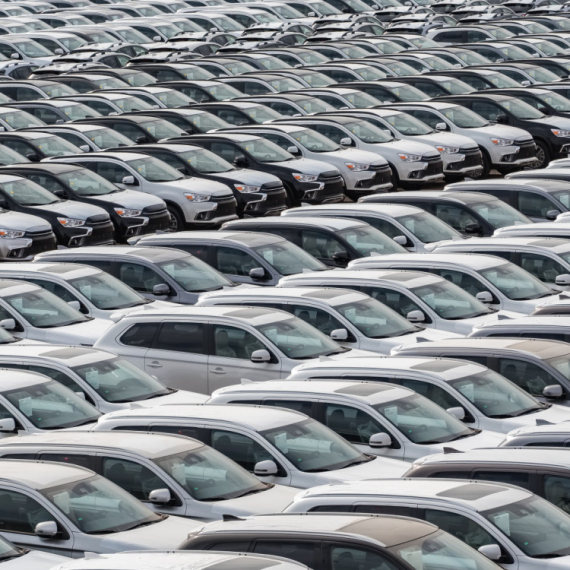

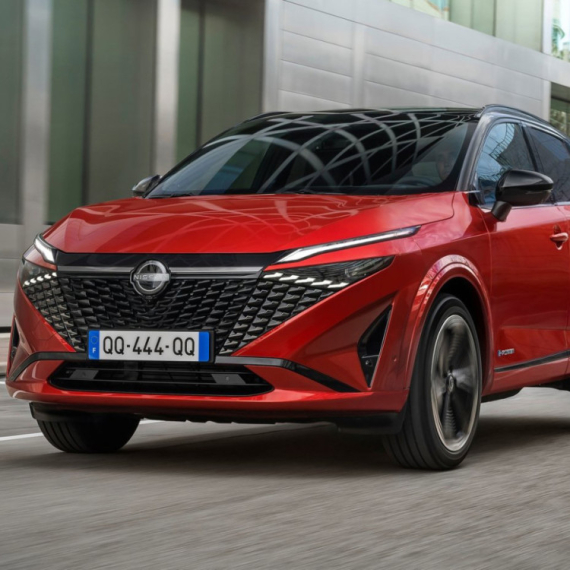
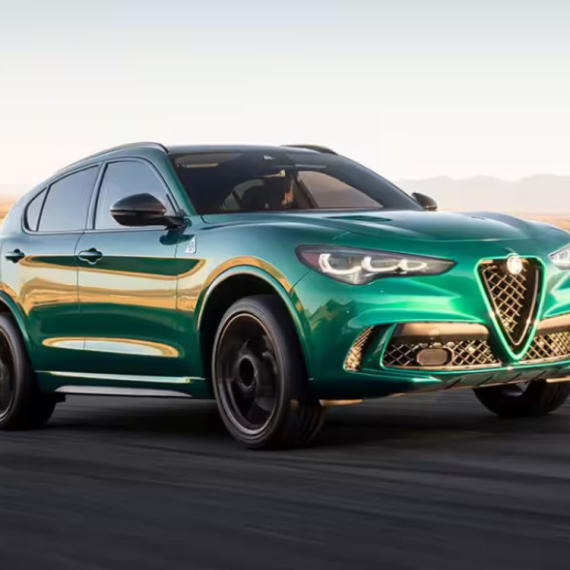
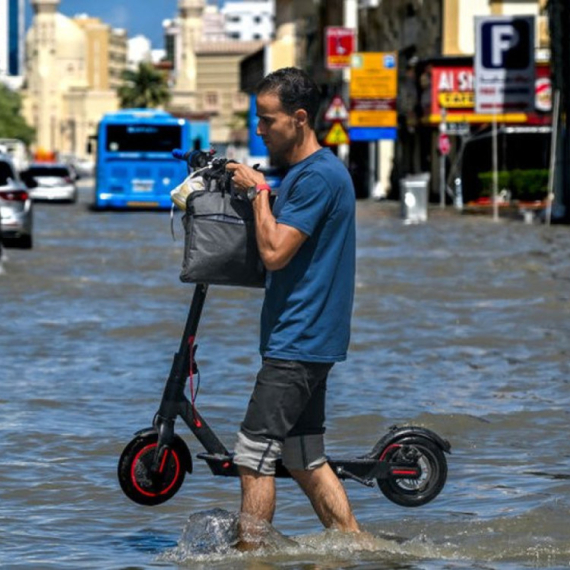
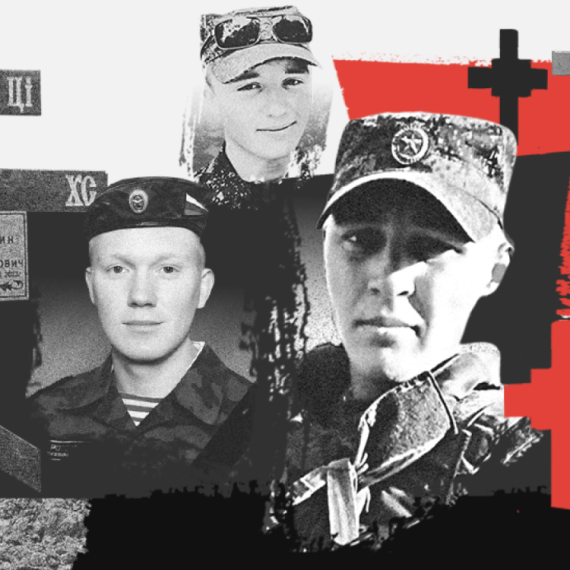
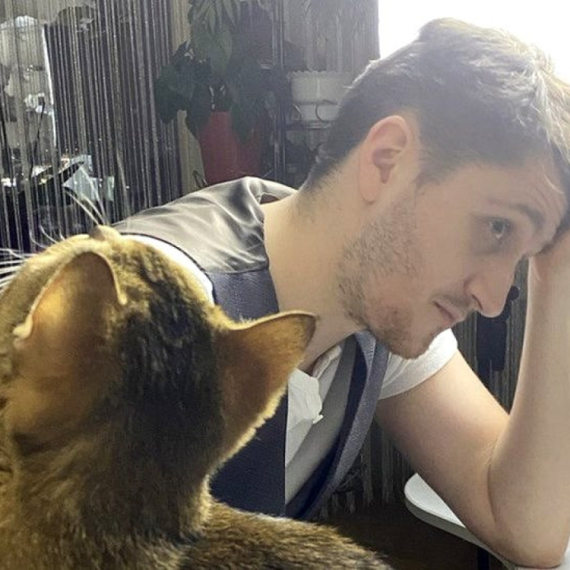
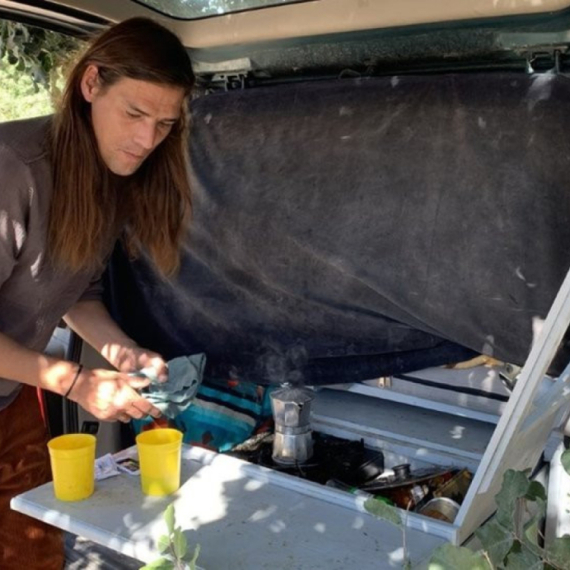
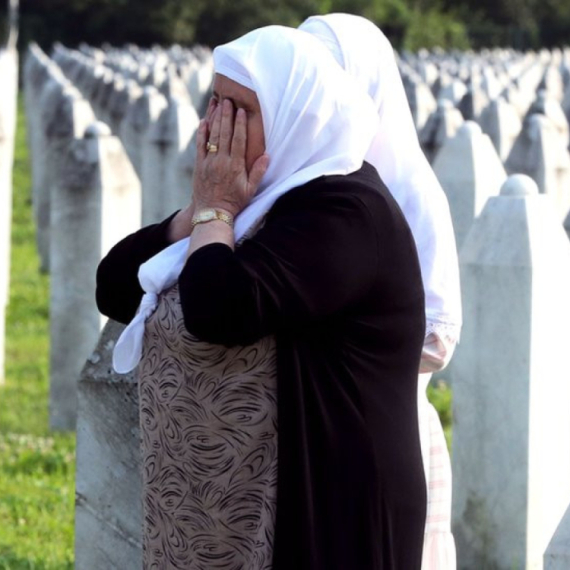

Komentari 9
Pogledaj komentare